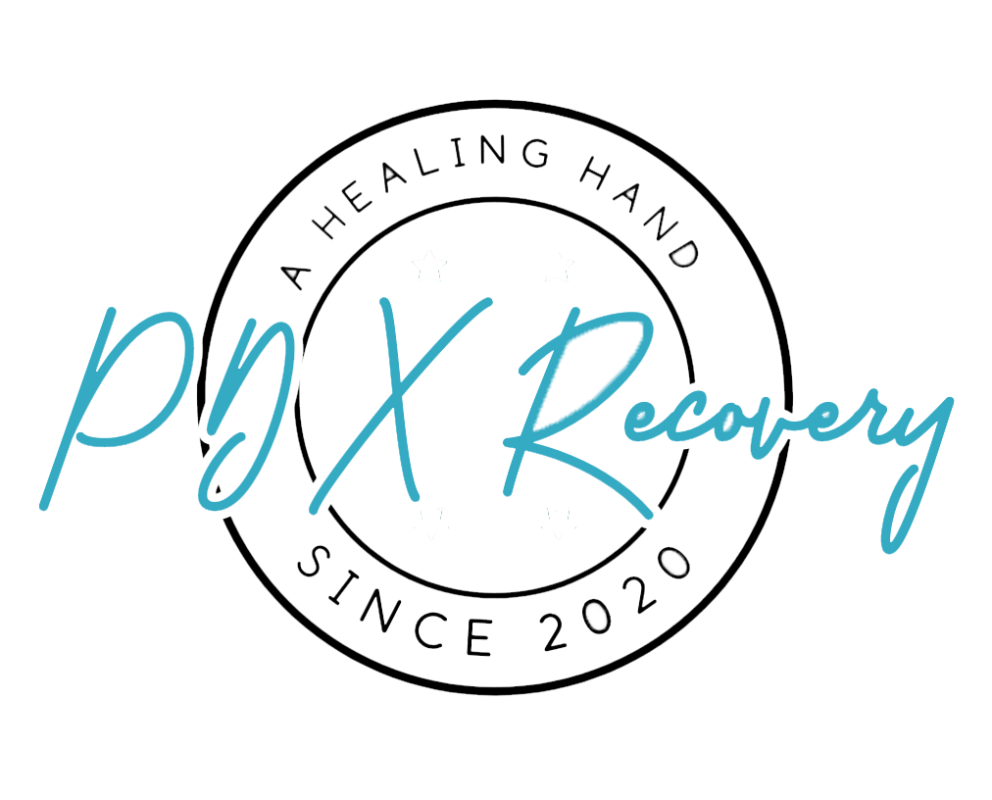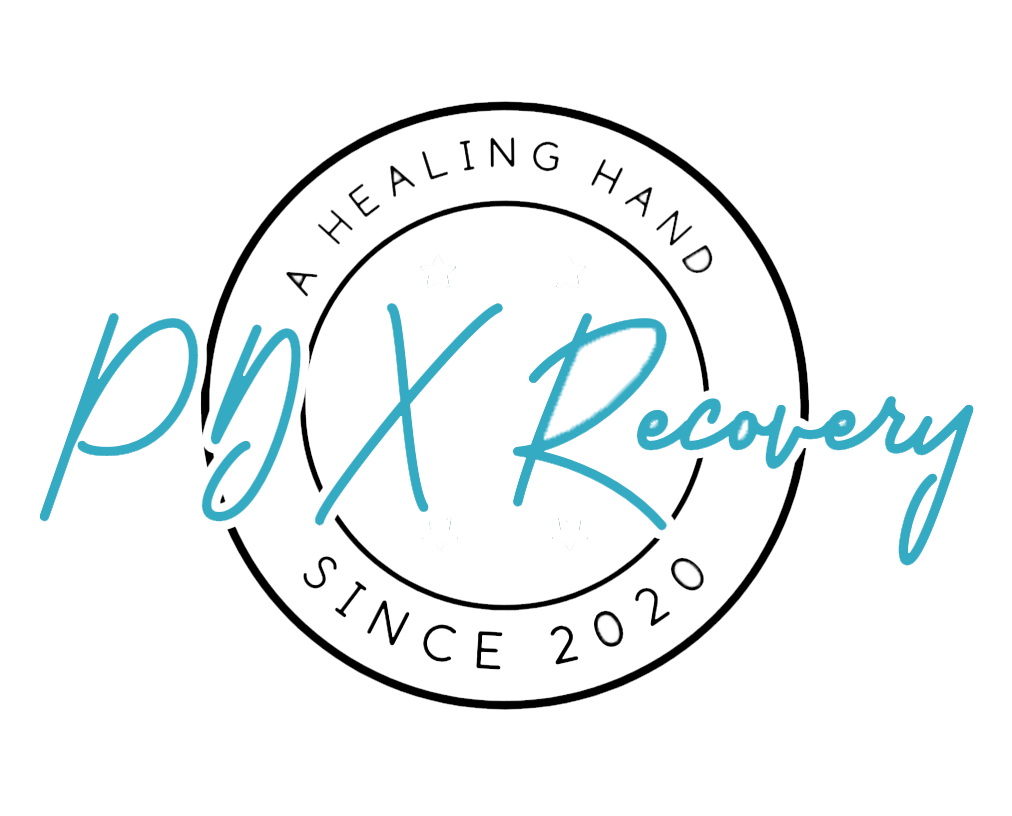What is a Case Management?
Case management in recovery is a personalized and strategic approach designed to support individuals on their journey to overcome addiction. It involves a comprehensive process where a case manager assesses the specific needs of the person, plans and coordinates a range of services to meet those needs, monitors progress, and adjusts the plan as necessary. The ultimate goal of case management is to empower individuals with the tools, resources, and support they need to achieve long-term recovery. This holistic approach addresses not only the physical aspect of addiction but also considers psychological, social, and environmental factors that contribute to the individual’s overall well-being. Through collaboration with healthcare providers, therapists, recovery groups, and community resources, case managers facilitate access to various services such as medical treatment, counseling, employment assistance, and housing support. By tailoring interventions to each person’s unique situation, case management plays a crucial role in helping individuals navigate the complexities of recovery and rebuild their lives with confidence and independence.
How a Case Management Helps With Addiction
Case management for substance use disorders is a comprehensive and collaborative process designed to facilitate access to the various services and resources necessary for individuals seeking recovery. This tailored approach involves assessing an individual’s unique needs, planning a personalized recovery path, coordinating care among different service providers, and continuously monitoring progress. Case managers play a pivotal role in bridging the gap between clients and the plethora of available treatment options, including medical detoxification, residential or outpatient treatment programs, mental health services, and support groups. Through regular check-ins and advocacy on behalf of their clients, case managers ensure that individuals not only receive appropriate care but also maintain momentum in their recovery journey. Their expertise in navigating complex healthcare systems enables them to address barriers to treatment—such as financial issues or housing instability—and connect clients with community resources that can support holistic healing. Ultimately, case management empowers individuals with substance use disorders to achieve long-term recovery by providing structured guidance and unwavering support every step of the way.
What a Case Management Can Do For Mental Health Disorders
Case management plays a pivotal role in supporting individuals with mental health challenges by providing a structured and personalized framework for recovery. It serves as a bridge connecting patients to crucial resources, ensuring they receive comprehensive care tailored to their unique needs. Through the development of individualized care plans, case managers work closely with clients to identify their goals, address barriers to achieving these goals, and facilitate access to both medical and supportive services. This holistic approach not only focuses on alleviating symptoms but also empowers individuals to develop coping strategies, enhance their life skills, and build a supportive network, fostering resilience and promoting long-term well-being. By coordinating care among various service providers, case management helps in creating a cohesive treatment experience that is both effective and efficient, significantly improving outcomes for those dealing with mental health issues.

Verify Your Insurance With Us!
Freeing yourself from Addiction doesn't have to be hard. Take the first Step and begin filling out the form, it's the initial phase in achieving a healthy recovery. We offer the necessary guidance and professional care crucial during the early treatment stages.








